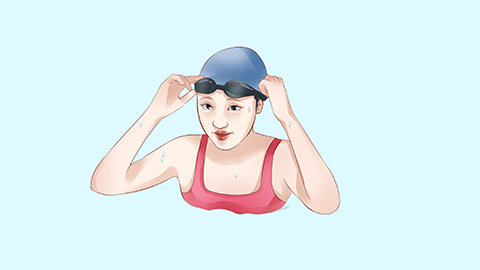Can Naegleria fowleri infection be effectively treated if detected early?
The term "brain-eating amoeba" usually refers to Naegleria fowleri. Generally, whether a Naegleria fowleri infection can be cured depends on the severity of infection, timeliness of treatment, and individual differences. If treated promptly during the early stages of infection, recovery is possible. However, if the infection is severe or treatment is delayed, it may become difficult to cure. If any abnormalities occur, prompt medical attention is recommended. Detailed explanations are as follows:

If diagnosed early, when the amoeba has just invaded the body and has not yet multiplied and spread extensively, immediate effective antiparasitic treatment, combined with comprehensive management measures such as reducing intracranial pressure and controlling inflammation, can effectively kill the parasite and reduce brain damage. Early intervention can minimize neural tissue damage and lower the risk of complications, enabling most patients to gradually recover after standardized treatment.
When the infection has persisted for a long time and the amoeba has multiplied extensively in the brain, causing severe inflammation and necrosis of brain tissue and widespread neurological damage, even timely treatment may not be able to reverse the brain damage, making recovery unlikely. Additionally, if the patient has underlying diseases or a weakened immune system, treatment outcomes may be affected, and severe complications that threaten life may easily occur.
To prevent Naegleria fowleri infection, avoid swimming or washing your face in untreated ponds or rivers. When coming into contact with natural water bodies, try to use nose clips to protect the nasal cavity. Drink water from purified sources. If symptoms such as headache, fever, or nausea occur, seek immediate medical evaluation for possible infection.







